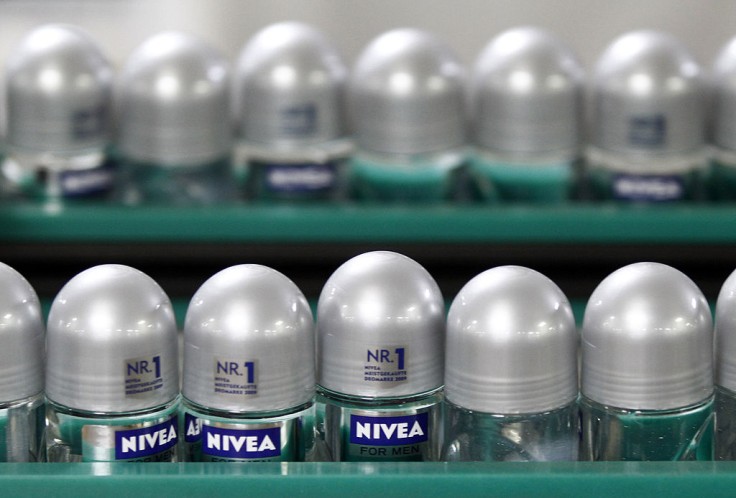
Puberty can be confusing and exciting for parents whose children's physical qualities are changing and developing fast. But it may also be most challenging to discuss issues like body odor.
Around 10 to 13 years old, the children's sweat glands will change due to their puberty hormones, but one of the best things parents can do to start the conversation about body odor is to normalize what's happening. This way, the mother or the father can talk to their preteens about proper hygiene without things getting awkward, even for children who enjoy their privacy.
Here are four more effective tips when talking to tweens about body odor:
1. Be open about body odor so you can connect to your child.
Parents must openly discuss the source of the body odor as this will empower their children to be more comfortable taking care of and managing the changes in their bodies. In some families, body odor discussions may start as early as 7 or 8 years old to lessen the stigma and raise the child's comfort level.
Psychologist Erik Fisher advised parents not to shame or guilt their children. They must be honest about why their armpits suddenly smell and add some science into the equation. Fisher said, via CNN, that when he talked to his tween daughters about the biological changes in their bodies, they were more responsive to discuss the topic as a health issue.
2. Touch on why taking regular showers is important.
Tweens usually groan or roll their eyes when their parents force them to take a shower or bath, but if moms or dads have taken the first steps to talk about body odors, they should also compound the discussion on self-care. Instill and guide the tweens in establishing a grooming habit for day and night, including using grooming products.
If they are into sports, there might be days when the kids must be encouraged to take more than one shower. Emphasize that they must pay attention to washing their armpits, groin area, and feet.
3. Allow the tweens to choose their deodorant and soap.
Not many people realize that smell can be very personal, and some kids could develop insecurity about their body odor. Thus, parents have to avoid forcing the kids to use certain products because it's cheaper or it's readily available.
Instead, Dr. Boyd Miller of the Children's Hospital in Wisconsin said that the kids would likely have less resistance to taking regular showers if they were allowed to pick out their grooming products, even if these may cost a little extra. Take a trip to the supermarket or the drugstore together and help the child decide the best products to use.
4. Set up a structure or routine if they are still resistant.
Despite their parents' help or guidance, some tweens will remain uninterested in caring for their body odor. If this is the case, it might help establish a structure or routine with the kids until they get into the habit of self-care, according to Parenthetical.
For instance, the parents should make it a daily requirement for their kids to bathe before they start their day and physically exert their bodies. They may also not allow the kids to sit on the family couch unless they have cleaned up after themselves after playing outside or engaging in sports activities. Parents need to be specific about the rules because vague expectations might only cause problems later on.
Related Article: 5 Everyday Ways to Encourage Kids to Have Healthy Skin Care Habits